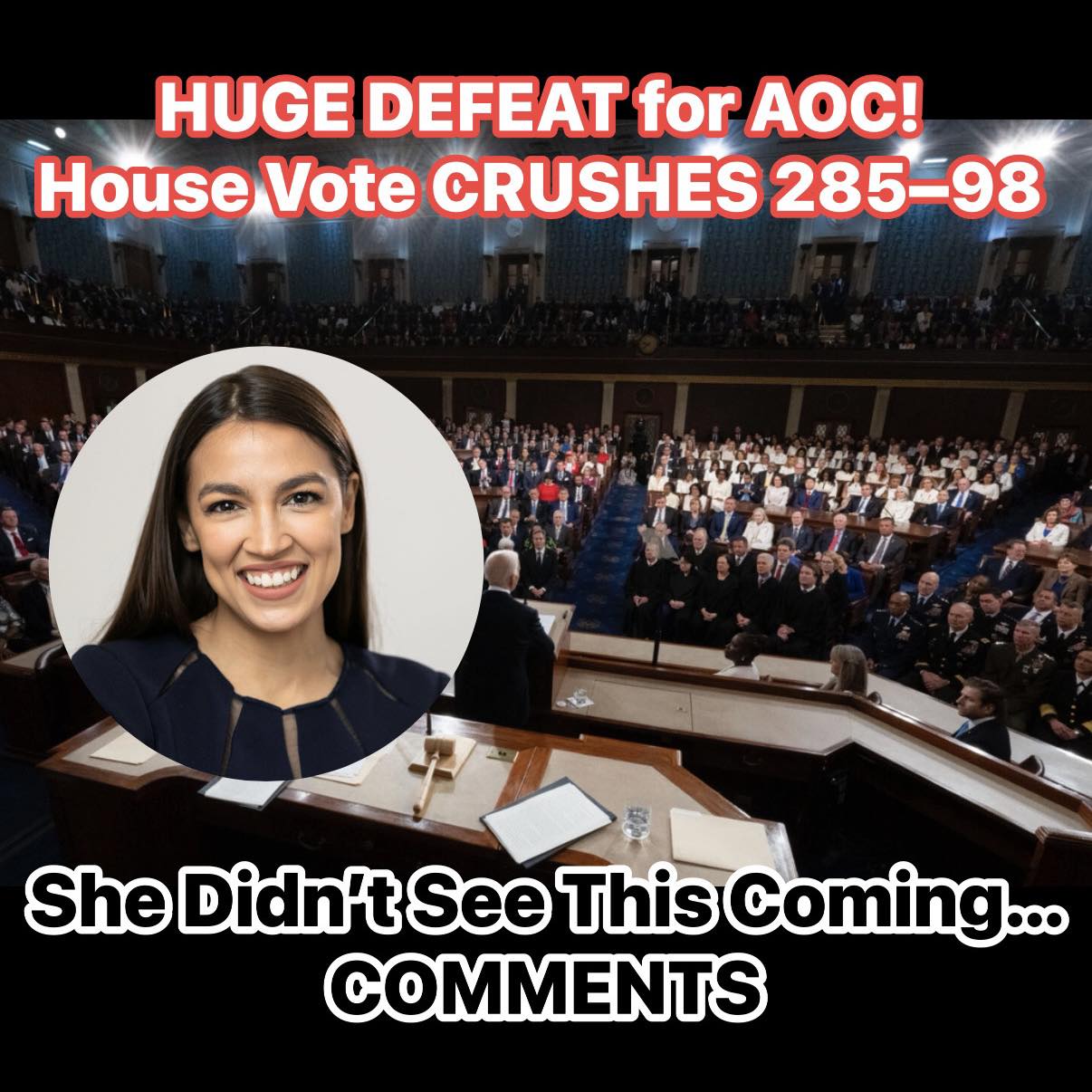Bipartisan House Vote Rejects Socialism as New York’s Incoming Mayor Prepares for First Meeting With President Trump
The House vote was technically symbolic, yet its choreography carried real weight. Legislators were not simply casting a procedural ballot. They were positioning themselves in front of a national audience that has grown increasingly sensitive to language about ideology. When two hundred eighty five members placed themselves on record rejecting what the resolution called socialism in all its forms, the moment revealed an undercurrent of anxiety that runs through both parties. Dozens of Democrats joined Republicans in support, which signaled more than a disagreement about policy. It signaled a deliberate attempt to draw a boundary between the party’s progressive identity and the broader electorate’s unease with any term that can be painted as radical. Party leaders understood the message they were sending, even if they never stated it plainly.
Figures such as Hakeem Jeffries and Tom Suozzi embodied that caution. Both men know that their futures depend on holding together a coalition that includes suburban voters, swing district independents, and moderate Democrats who may sympathize with ideas on affordability or labor rights, yet recoil when those ideas come wrapped in language that can be easily weaponized. Their support for the resolution was not a philosophical treatise. It was a pragmatic gesture. They wanted voters to know they would not risk their political standing by embracing an ideology Republicans are eager to define on their own terms. In many ways, the vote was a rehearsal for the arguments that will dominate the next election cycle. It previewed the rhetorical battleground where each party hopes to claim the middle ground while painting the other as extreme.
Into this charged moment walked Zohran Mamdani. He entered with a mandate shaped by a city that craves affordability and a renewed sense of safety and dignity. His coalition is diverse. It includes tenants exhausted by rising rents, young workers struggling to build stable futures, immigrants who want both opportunity and protection, and families who simply want their neighborhoods to feel livable again. Many of his supporters care more about results than labels. They want housing that does not consume their entire paycheck. They want well funded schools. They want transportation that works. Yet the same supporters live in a political environment where ideological branding can be turned against them with remarkable speed.
Mamdani’s meeting with Trump will likely focus on transactional matters. Federal dollars for infrastructure. Resources for public safety. Coordination on immigration and asylum. Negotiations over transit funding. None of these issues are abstract. They define the daily experience of life in New York. Yet the subtext of the meeting is impossible to ignore. Washington had just delivered a pointed reminder to him and to every rising progressive voice. Winning a local election is one thing. Operating on a national stage, under a Congress eager to distance itself from any politics perceived as far left, is something else entirely.
The vote framed the environment he must now navigate. Every request he makes and every partnership he seeks will unfold in a political climate shaped by that symbolic rejection. It underscores a broader truth for ambitious city leaders who hold progressive visions. They can win office by speaking to local pain. They can build impressive movements at home. But once they step into the federal arena, they enter a world governed by caution, calculation, and ideological suspicion. The challenge is not only to govern effectively but to do so while carrying a label that many in power have already signaled they are eager to distrust.

